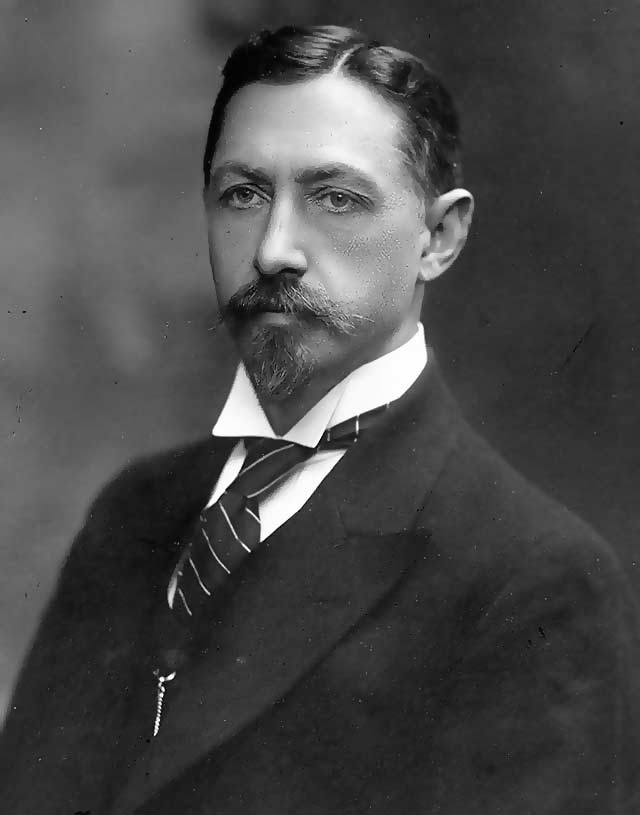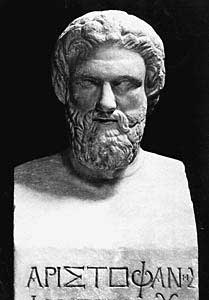The basis of the interaction of fiction
 Science fiction as a genre in culture and media reality in one degree or another together and not randomly characterize modernity. This can be demonstrated by examples from the gaming industry, visual arts, network communication – the media forms of self-expression of the subject of modern culture. They are informative, according to the plot, quite often refer to a meeting with phenomena that do not have referents in reality, that is, fantastic. Of course, a fantastic genre in culture has a longer history than media reality. Even in the ancient epic and mythology, there are attempts of a person to comprehend the laws of nature through explaining them with the help of magic as a fantastic form and to create an appropriate narrative. That period of history, when the myth-making poetic principle is embodied in the visual arts, is the starting point of the development of fiction. Media, perceived as mediators, transmitters of information, also existed in antiquity, but the media reality associated with a certain degree of quantitative and qualitative development of technology, in its modern state, is a fairly recent phenomenon. Now, in the era of globalization, media reality through the Internet, embedded in all elements of social interactions, unfolds and carries out an expansive seizure of territories that are not yet mediatized. Our research aims to describe some elements of the interdependence of media realism and fiction in modern culture, as well as to discover the basis on which this symbiosis is built. Further reasoning will be arranged as follows. First, we will analyze media reality and science fiction as a genre in culture, focusing on their interaction or even a kind of mutual feed. Then, we explore the duality of perception generated by both discourses, which becomes one of the fundamental principles of modern culture after the Medial turn and turns out to be a principle that demonstrates the similarity of media reality and fiction and determines their mutual influence. Fantastic works, in the interpretation of the authorities in the field of the philosophy of culture, are based on the meeting of the hero of the work with an object that turns out to be supernatural (fantasy) or untimely (science fiction). When an attempt is made to “transplant” such an object into the reader’s daily routine, “resistance” is found. In the discourse of fantastic works, the phenomenon exists, but in reality it does not, that is, as described in the work, it does not have a referent in reality. This is demonstrated by Yu.M. Lotman, who shows how, in science fiction, the reality of the work, perceived by the author as perceived as a “natural order,” is introduced into the phenomenon that violates it, called the fantasy. At the same time, the reader feels a sense of absurdity in the very sense that A. Camus writes about him: “the clash between irrationality and the ecstatic desire of clarity, whose call is given in the very depths of the human soul, is absurd.” This feeling is connected with the need and at the same time with the impossibility of rationalizing, inscribing in the daily routine or the daily routine of the text the phenomenon it has encountered. The difference lies in the fact that Camus writes about the feeling that appears when experiencing social or historical injustice. In this case, we apply this concept to the meeting with the fantastic. For example, the reader suddenly discovers that the everyday reality of a work has been invaded by a new hero – a ghost, a poltergeist. This hero in this key – and there is a fantastic phenomenon, which does not have a referent in fact, exploding the space of a readable text. Feeling a sense of absurdity, the reader begins to wonder about the reality or unreality of what is happening in the pages of the book. Partly because of this issue, the reading continues, because a contradiction must be resolved. Therefore, the feeling of absurdity is one of the “symptoms” of actualization of the phenomenon of the fantastic, meeting with him. Mediarity in its current state is the result of a Medial turn that occurred at the end of the 20th century. Its central moment dates back to 1997, when electronic communication ceased to be solely the transfer of information, but became itself a communicative act on the model of what happened earlier with television and other media, according to M. McLuhan. At this time, the first non-commercial email domain was launched, and people around the world got more opportunities to communicate with each other. As a result, the Internet has become dominant over other methods of information transfer and communication. Different types of media have formed a certain unity, which in modern research literature sets the form of media realism. Inheriting the traditional features of reality, media reality was filled with the meanings and experiences that were present in the everyday life of every person: the new media provided them with virtually unlimited.
Science fiction as a genre in culture and media reality in one degree or another together and not randomly characterize modernity. This can be demonstrated by examples from the gaming industry, visual arts, network communication – the media forms of self-expression of the subject of modern culture. They are informative, according to the plot, quite often refer to a meeting with phenomena that do not have referents in reality, that is, fantastic. Of course, a fantastic genre in culture has a longer history than media reality. Even in the ancient epic and mythology, there are attempts of a person to comprehend the laws of nature through explaining them with the help of magic as a fantastic form and to create an appropriate narrative. That period of history, when the myth-making poetic principle is embodied in the visual arts, is the starting point of the development of fiction. Media, perceived as mediators, transmitters of information, also existed in antiquity, but the media reality associated with a certain degree of quantitative and qualitative development of technology, in its modern state, is a fairly recent phenomenon. Now, in the era of globalization, media reality through the Internet, embedded in all elements of social interactions, unfolds and carries out an expansive seizure of territories that are not yet mediatized. Our research aims to describe some elements of the interdependence of media realism and fiction in modern culture, as well as to discover the basis on which this symbiosis is built. Further reasoning will be arranged as follows. First, we will analyze media reality and science fiction as a genre in culture, focusing on their interaction or even a kind of mutual feed. Then, we explore the duality of perception generated by both discourses, which becomes one of the fundamental principles of modern culture after the Medial turn and turns out to be a principle that demonstrates the similarity of media reality and fiction and determines their mutual influence. Fantastic works, in the interpretation of the authorities in the field of the philosophy of culture, are based on the meeting of the hero of the work with an object that turns out to be supernatural (fantasy) or untimely (science fiction). When an attempt is made to “transplant” such an object into the reader’s daily routine, “resistance” is found. In the discourse of fantastic works, the phenomenon exists, but in reality it does not, that is, as described in the work, it does not have a referent in reality. This is demonstrated by Yu.M. Lotman, who shows how, in science fiction, the reality of the work, perceived by the author as perceived as a “natural order,” is introduced into the phenomenon that violates it, called the fantasy. At the same time, the reader feels a sense of absurdity in the very sense that A. Camus writes about him: “the clash between irrationality and the ecstatic desire of clarity, whose call is given in the very depths of the human soul, is absurd.” This feeling is connected with the need and at the same time with the impossibility of rationalizing, inscribing in the daily routine or the daily routine of the text the phenomenon it has encountered. The difference lies in the fact that Camus writes about the feeling that appears when experiencing social or historical injustice. In this case, we apply this concept to the meeting with the fantastic. For example, the reader suddenly discovers that the everyday reality of a work has been invaded by a new hero – a ghost, a poltergeist. This hero in this key – and there is a fantastic phenomenon, which does not have a referent in fact, exploding the space of a readable text. Feeling a sense of absurdity, the reader begins to wonder about the reality or unreality of what is happening in the pages of the book. Partly because of this issue, the reading continues, because a contradiction must be resolved. Therefore, the feeling of absurdity is one of the “symptoms” of actualization of the phenomenon of the fantastic, meeting with him. Mediarity in its current state is the result of a Medial turn that occurred at the end of the 20th century. Its central moment dates back to 1997, when electronic communication ceased to be solely the transfer of information, but became itself a communicative act on the model of what happened earlier with television and other media, according to M. McLuhan. At this time, the first non-commercial email domain was launched, and people around the world got more opportunities to communicate with each other. As a result, the Internet has become dominant over other methods of information transfer and communication. Different types of media have formed a certain unity, which in modern research literature sets the form of media realism. Inheriting the traditional features of reality, media reality was filled with the meanings and experiences that were present in the everyday life of every person: the new media provided them with virtually unlimited.



